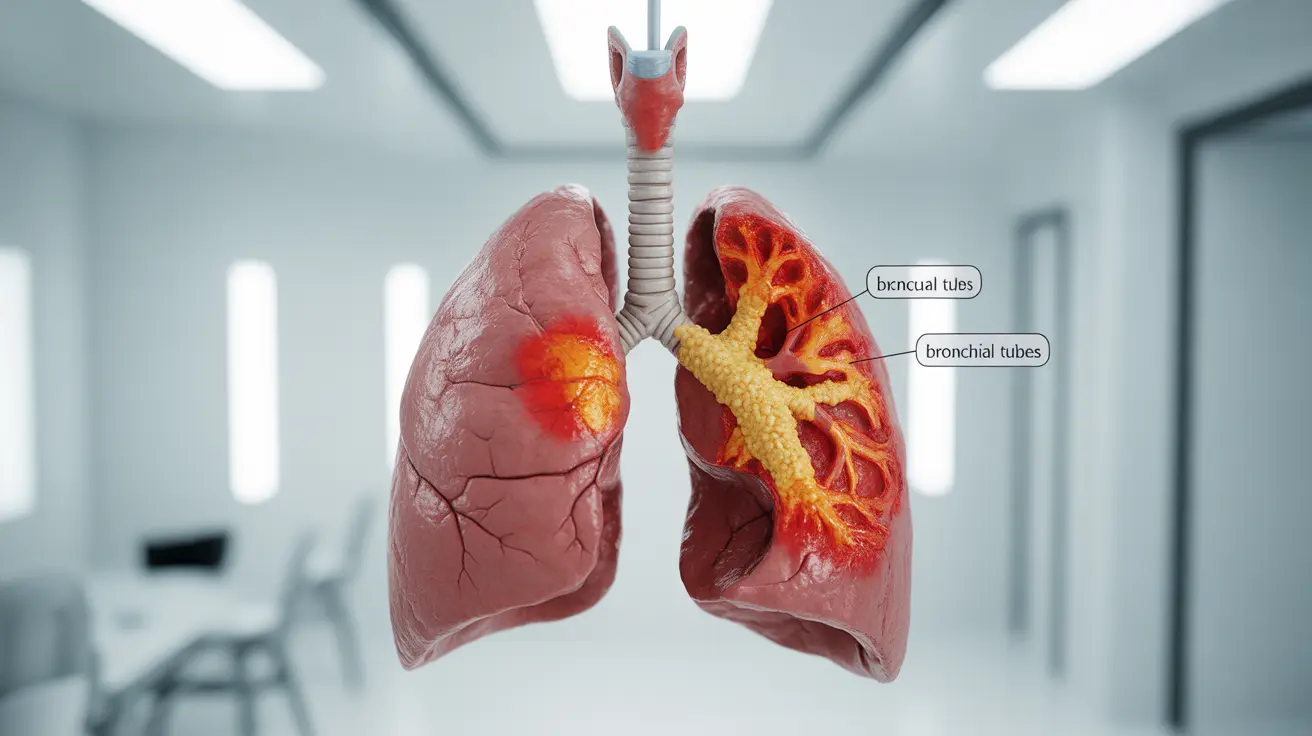For individuals living with Chronic Obstructive Pulmonary Disease (COPD), experiencing shortness of breath the day after drinking alcohol can be both concerning and uncomfortable. This common occurrence has specific medical reasons and important implications for those managing COPD symptoms.
Understanding the relationship between alcohol consumption and COPD symptoms, particularly delayed breathing difficulties, is crucial for better disease management and improved quality of life.
How Alcohol Affects COPD Symptoms
Alcohol consumption can significantly impact respiratory function in people with COPD through several mechanisms. The effects often become more noticeable the day after drinking, leading to increased breathing difficulties and discomfort.
Immediate Effects on Breathing
When someone with COPD drinks alcohol, it can cause immediate changes in their respiratory system. Alcohol acts as a respiratory depressant, potentially slowing breathing rates and making it harder for the lungs to function efficiently. This effect can persist into the following day.
Inflammation and Mucus Production
Alcohol consumption can trigger inflammation in the airways and alter mucus production, leading to:
- Increased mucus thickness
- Difficulty clearing airways
- Enhanced inflammation in bronchial tubes
- Reduced lung function efficiency
Medication Interactions and Risks
People with COPD often take various medications to manage their condition. Alcohol can interact with these medications in several ways:
- Reduced effectiveness of bronchodilators
- Increased risk of side effects
- Potential dangerous interactions with certain COPD medications
- Compromised immune system response
Managing COPD and Alcohol Consumption
While having COPD doesn't necessarily mean complete alcohol abstinence, careful management is essential. Consider these important factors:
Safe Drinking Guidelines
For individuals with COPD, moderate drinking guidelines are typically more restrictive than for the general population. It's crucial to:
- Limit alcohol intake
- Choose drinks carefully
- Monitor symptoms closely
- Stay well-hydrated
- Allow recovery time between drinking occasions
Preventive Measures
To minimize breathing problems related to alcohol consumption:
- Space out drinks with water
- Avoid drinking close to bedtime
- Keep rescue medications nearby
- Monitor breathing patterns
- Stay in well-ventilated areas while drinking
Frequently Asked Questions
Why do I experience shortness of breath the day after drinking alcohol if I have COPD? Alcohol's effects on respiratory function can persist for hours after drinking. It can cause inflammation in the airways, depress respiratory function, and lead to increased mucus production, all of which contribute to shortness of breath the following day.
How does alcohol affect mucus buildup and airway function in people with COPD? Alcohol can increase mucus production and make it thicker, making it harder to clear from the airways. It also causes inflammation in the bronchial tubes, further compromising airway function.
Can drinking alcohol interfere with COPD medications and make symptoms worse? Yes, alcohol can interact with COPD medications, potentially reducing their effectiveness and increasing side effects. It may also compound respiratory depression effects when combined with certain medications.
What can I do to reduce breathing problems related to alcohol consumption when I have COPD? Stay hydrated, limit alcohol intake, avoid drinking close to bedtime, keep rescue medications accessible, and ensure good ventilation. Consider spacing drinks with water and monitoring symptoms carefully.
Is it safe to drink alcohol if I have COPD, and how much is considered moderate? While some people with COPD can safely consume alcohol in moderation, the amount considered "safe" varies by individual. Consult your healthcare provider for personalized guidelines based on your specific condition, medications, and overall health status.




